
Opinion Pumped Storage Hydro in the Highlands - Is Anywhere Still Off Limits?
Are the enormous Earba and Fearna hydro projects merely the thin end of an ever bigger wedge? In a planning free-for-all for energy in Scotland, where will we draw the line? It's not yet too late to shed light on the murky world of Highland meg...

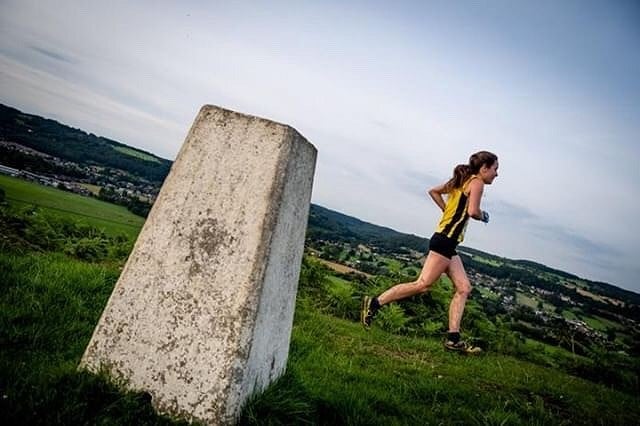
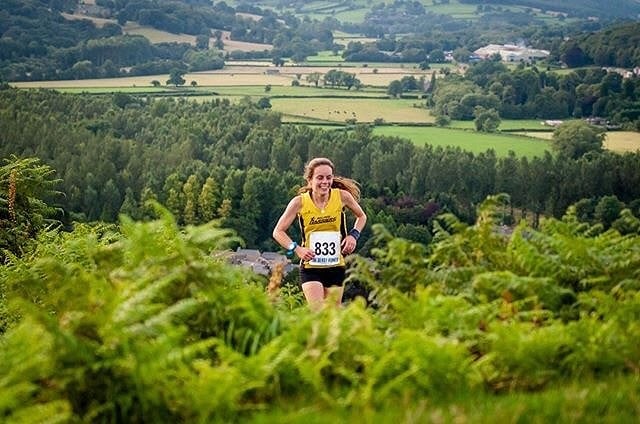
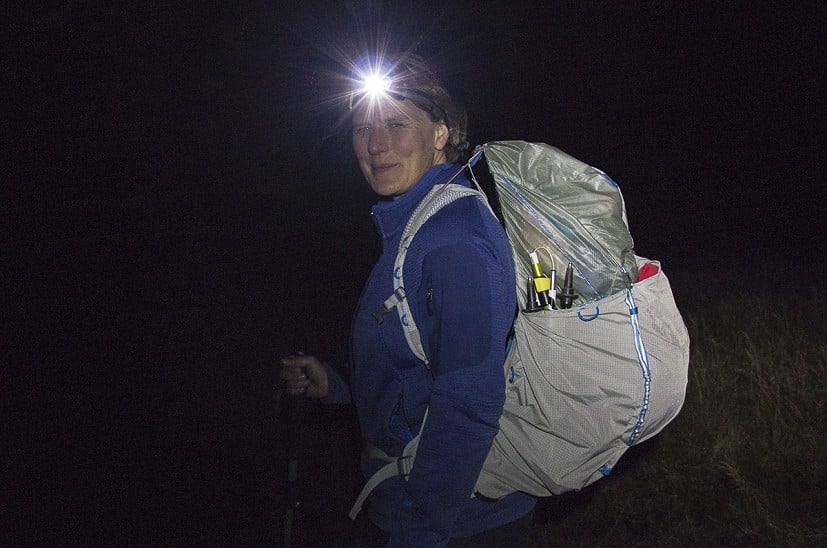
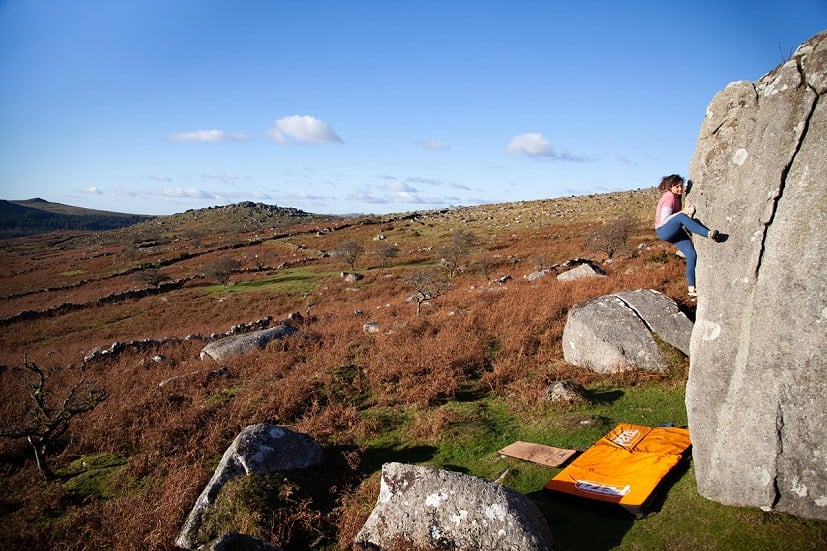
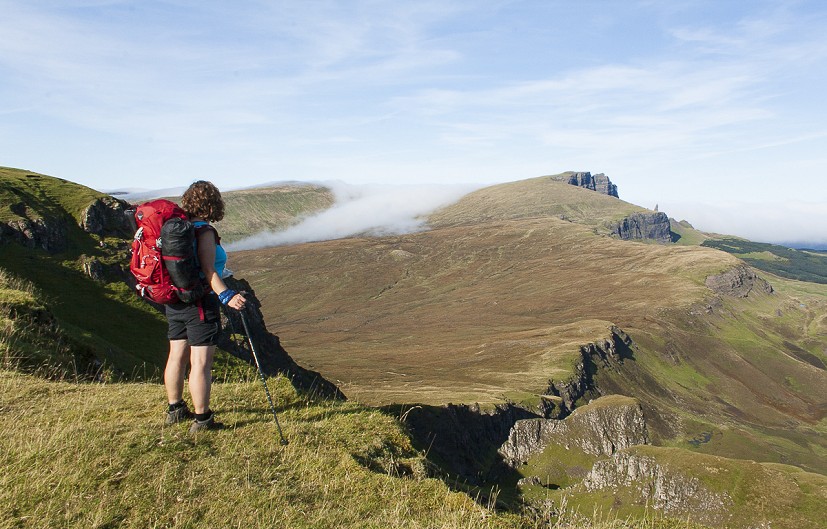
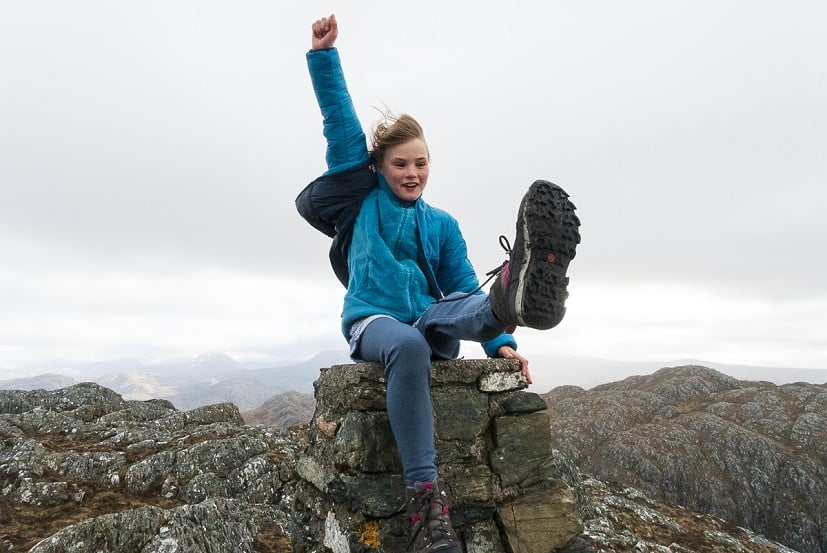

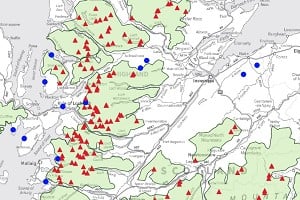

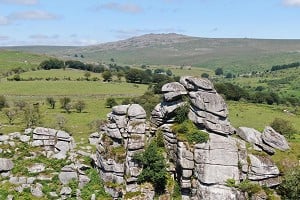
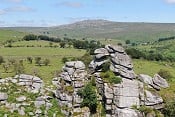
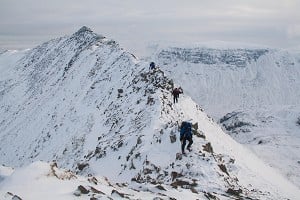
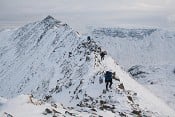

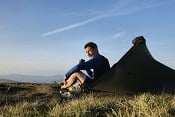
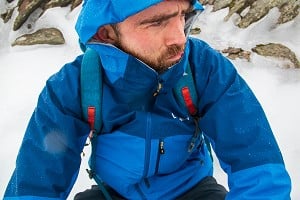

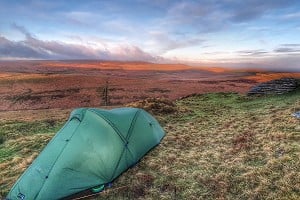
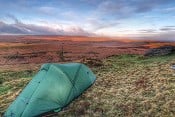
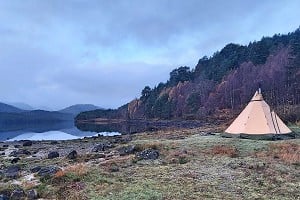
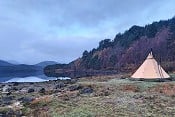
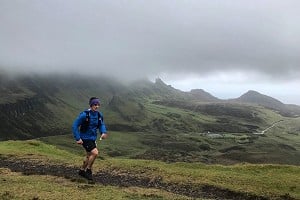
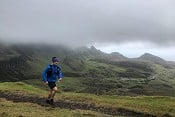
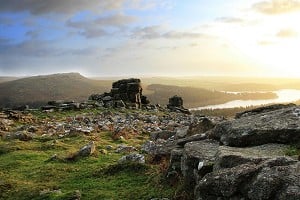
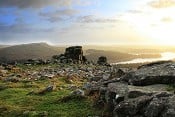
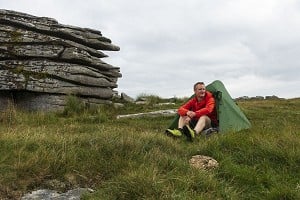
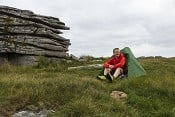
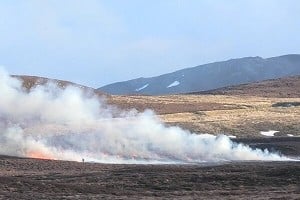
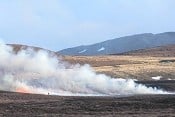
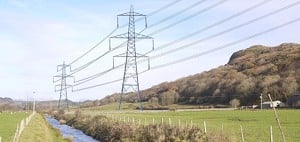

Comments
This was a really interesting and slightly scary read!
A question that I feel has been left slightly unanswered is, how many women/young women within the outdoor industry have been subject to sexualised comments or sexual harassment, reported these events and then nothing has happened within the outdoor industry?
Speaking from experience a few close female friends have been subject to this, reported the wrong doings to the governing body (rhymes with fountain training) and nothing happened.
I think there needs to be a review?
I think the article is great and the suggestions at the end of simple things that men can do to help women feel more comfortable seem like sensible ideas.
One of the things that's really shocked me over the last week has been the number of women saying they don't feel safe to go out alone after dark. It's a tough one because women clearly do have genuine (and justified) concerns about their safety but effectively putting yourself under a curfew seems like an overreaction to the actual risk and I worry that the current conversation actually normalises that extreme fear. This isn't meant to trivialise the risks but the fact remains that it's more likely that a woman will be assaulted by someone she knows than snatched from Shipley Glen on a headtorch run. I don't know what the answer is but I find it really sad. I love running alone at night or being out on the hills independently and it's a crying shame that so many women feel excluded from something that can incredibly rewarding and empowering.
Really good, if somewhat surprising, article. I have to say I'm upset at the level of anxiety in remote areas, where I'd (naively) though that the likelyhood of attack wouldn't be seen as something to factor in.
The suggestions for men are all really sensible things that I'd hope most of us do as a matter of course. However there was a UKC discussion on a similar subject a few years ago, although related to urban areas. I posted that if I found myself walking behind a lone woman at night I'd try to take an alternative route at the first opportunity or at least cross to the other side of the road so I didn't walk up behind her to pass and cause distress. I got a few comments of "That's a bit creepy". What's the female perspective on this?
It's difficult to know what we (men) can do to help so thank you for the list at the bottom of the article.
It saddens me that lone women have to consider this all the time, not a good reflection on our society.
It is interesting that all but one of the quotes in the article refers to perceived risk/fear rather than to any actual incidents. Were women asked about actual incidents rather than their fear of one? Could it be that the perceived risk is out of proportion to the actual risk (as is well documented with other issues)? If so, the huge publicity currently around the issue is likely to widen the disparity. There was another thread in which a poster touched on this issue (perhaps rather clumsily and amongst other slightly crass stuff) and got shot down in flames and the thread pulled. Is there actual data from thorough surveys which would show the true level of risk? The article also says that there were fewer responses from women saying they felt safe, but it is probably likely that women who felt unsafe were more likely to respond.
I am not in any way trying to trivialise what is obviously a serious problem and recognise that fear itself, even if irrationaly exaggerated, is a problem, but a problem properly understood has got to be a good thing.
I would echo others in saying that the list at the end of the article is excellent - most men are not part of the problem but can still be part of the solution.